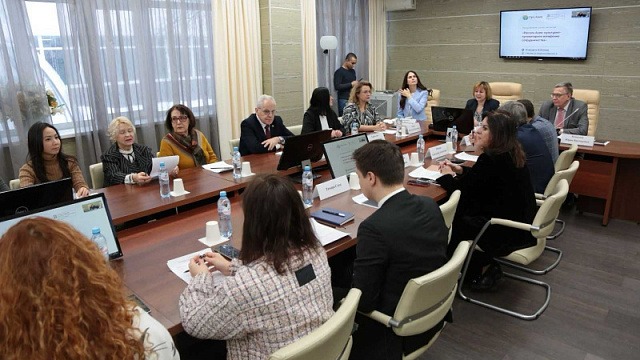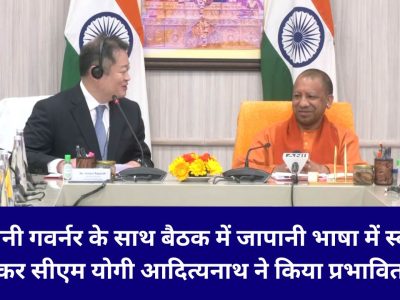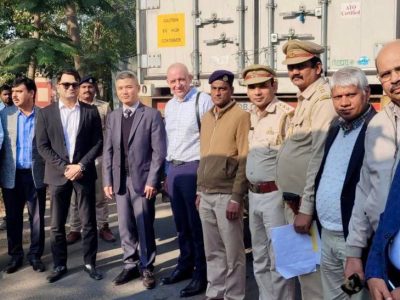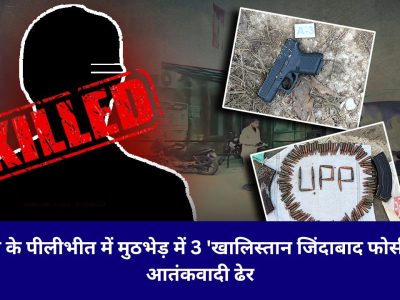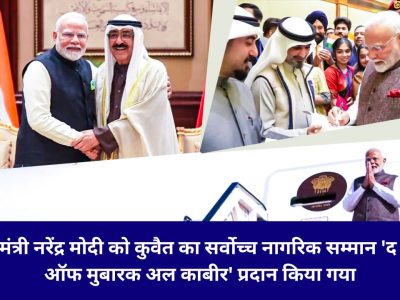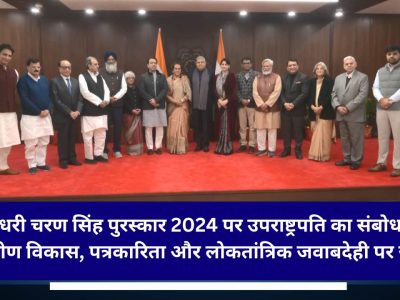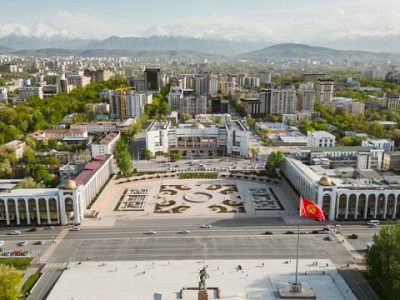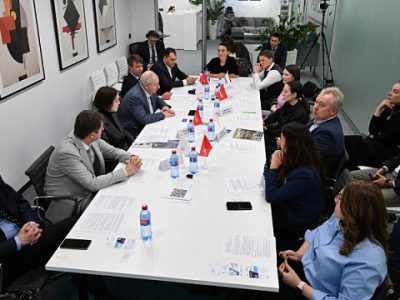On Monday, 29 January, the Pushkin State Russian Language Institute hosted an international expert session “Russia-Asia: Cultural and Humanitarian Dimension of Cooperation”. It was opened by Natalia Trukhanovskaya, Rector of the university. This is the first large-scale event organised by ANO Pro.Asia together with its partners.
The event was attended by Alevtina Koldunova, Executive Director of ANO Pro.Asia, Yuri Kopylov, Director of the Department of International Cooperation of the Pushkin Institute, Pavel Kuzmin, General Director of the Library of Foreign Literature, Nguyen Thi Thu Dat, Director of the Hanoi branch of the Pushkin State Russian Language Institute (Vietnam), Tamara Skok, Director of the Department of Innovative Linguistic Projects at TV BRICS, Head of the international project “Modern Russian”, and other experts.
According to Alevtina Koldunova, during this meeting the preconditions for strengthening humanitarian ties between Russia and Asian countries emerged: “A rich and, hopefully, productive work lies ahead. We will tell you about ourselves and our plans for the current year, and together with experts we will discuss projects for the development of the Russian language in the Middle East and South-East Asia”. These projects will require the combined efforts of many specialists: foreign and Russian teachers of the Russian language, media workers from different countries, representatives of the cultural sphere, publishers of educational literature, librarians, translators.
According to the teachers from Vietnam who took part in the online expert session, it is necessary to create a circle of Southeast Asian Russians to exchange experience and organise courses for them. In addition, they noted that regular competitions and other events should be organised for children learning Russian to arouse interest in Russian culture. According to the experts, Russia should also tell more about itself on local television and broadcast current news from various spheres of society.
Director General of the Rudomino All-Russian State Library for Foreign Literature Pavel Kuzmin, spoke about the importance of culture as a “soft power”. In his opinion, the main thing now is to involve talented representatives of the young generation from different countries: translators, cultural ambassadors, beginning researchers, bibliographers, restorers. Tamara Skok spoke about the successful experience of interaction between Russian and other BRICS countries’ Russians.
In her opinion, teleconferences with leading universities of the BRICS countries, organised with the participation of the project’s media network and linguists, not only promote the Russian language and culture abroad, but also create a trusting and friendly atmosphere in which people from different countries find much in common in their worldview. For example, the teleconferences with Brazil and India helped to a great extent to create mutual interest among the participants of the video meetings, to introduce them to the traditions and values of peoples living in different parts of the world, but willing to communicate in Russian.
During the first expert session, many problems in modern education and in the cultural sphere of Asian countries were identified that require bold and unconventional solutions on the part of Russian and foreign specialists.
Photo: Pushkin Institute Press Service




 Subscribe Us
Subscribe Us
